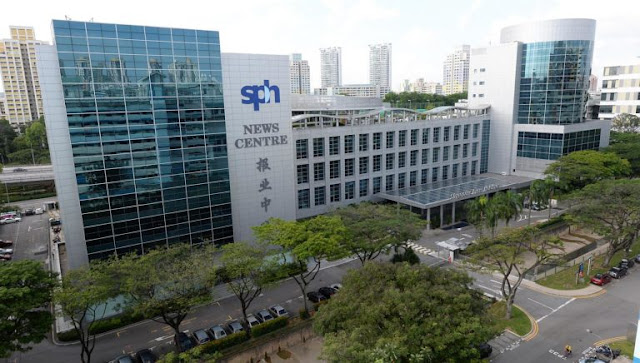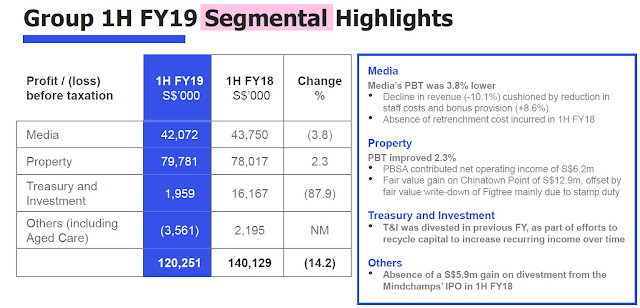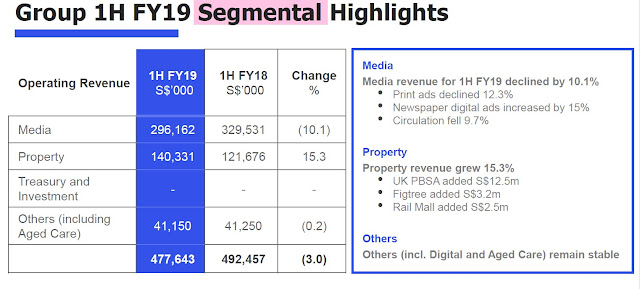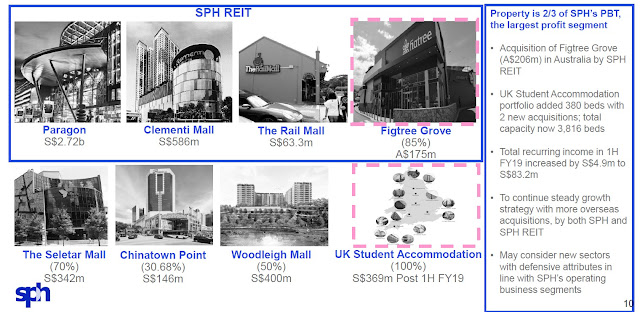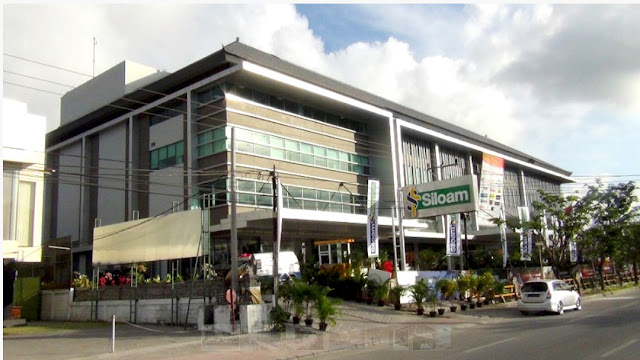In an interesting turn of event, PUB- which I previously posted that it had single-handedly stopped the Salim Medco rescue package- turned out the be the real white knight because most stakeholders have mistaken its good intention. By taking away the loss-making Tuaspring desalination plant, PUB has let Hyflux off the hook on the business unit that is making its business bleed profusely. In addition, PUB added icing on the cake by further waiving off compensation claims for breach of contractual KPIs. What a dramatic week it turns out to be with the latest development.
Even though the government insisted public fund cannot be used to help retail investors, I now view the above as a partial bailout by the government. By foregoing the rights to the very low water tariff rate locked in with Hyflux, the government has released Hyflux from its Achilles’s heel. Meanwhile, Tuaspring power plant still resides with Hyflux. Hyflux has made a statement that given this turn of event, many buyers which have previously stayed away might make a bid to rescue Hyflux now.
From the public perspective, taxpayers are the ones losing out as we are actually funding the plant with the increased cost of running it now borne by PUB at prevailing material and labour market rate instead of the “discounted rate” that Hyflux was initially contracted to provide. Hence no bailout as asserted by PUB and government but in fact, personally, I rationalized that it is actually a form of partial bailout due to “the need to safeguard the security of our water supply”.
Salim Medco and Hyflux blaming each other- Fight for the S$38.9Mil in escrow
The S$38.9 Mil in question is a lot of money. The irony of this is that if Salim Medco had not made the offer of rescue in the first place, Hyflux will not even be able to get a single cent. Now that the rescue deal is off (as good as never offer in the first place), Hyflux suddenly stood to gain S$38.9Mil. This is good money for Hyflux. I am sure that this sum of money can be used to finance legal fee payment and reimbursement for aborted booking fees incurred for the credit restructuring meetings that never took place. This does help the creditors to have some spare change in the event of liquidation.
Who are the legal team lawyers representing Hyflux? They are damn good in their work!
The legal team advising Hyflux are damn good. First, they argue that Salim claim of material breaches is not valid and hence the White Knight cannot just walk away from the deal. They bite on and refuse to let Salim Medco escape from the deal.
Subsequently, when more clarity arises from PUB on Tuaspring, the legal team of Hyflux swoon in and wrote formally to Salim Medco demanding to know whether the white knight will still honour the deal with a clear and unequivocal written confirmation. Since there was no confirmation on this, the Hyflux legal team is now arguing that it is Salim Medco which repudiates the deal. Accordingly, Hyflux will be entitled to retain the S$38.9Mil kept in escrow.
The legal team seems to be from Wong Partnership. One of the top law firm in Singapore with many of the brightest in the legal profession also there. Manoj Pillay Sandrasegara is the partner of the Restructuring and Insolvency Practice who is advising Hyflux in its US$2.3 billion restructuring exercise.
Parting thoughts on the latest development
The legal advisor will probably be filing for an extension of court protection for at least another 2 to 3 months for Hyflux to find another shining white knight by arguing on the better slate of its business operations with the loss-making Tuaspring desalination plant out of the way. Oliva Lum will be fighting hard to save her baby.






